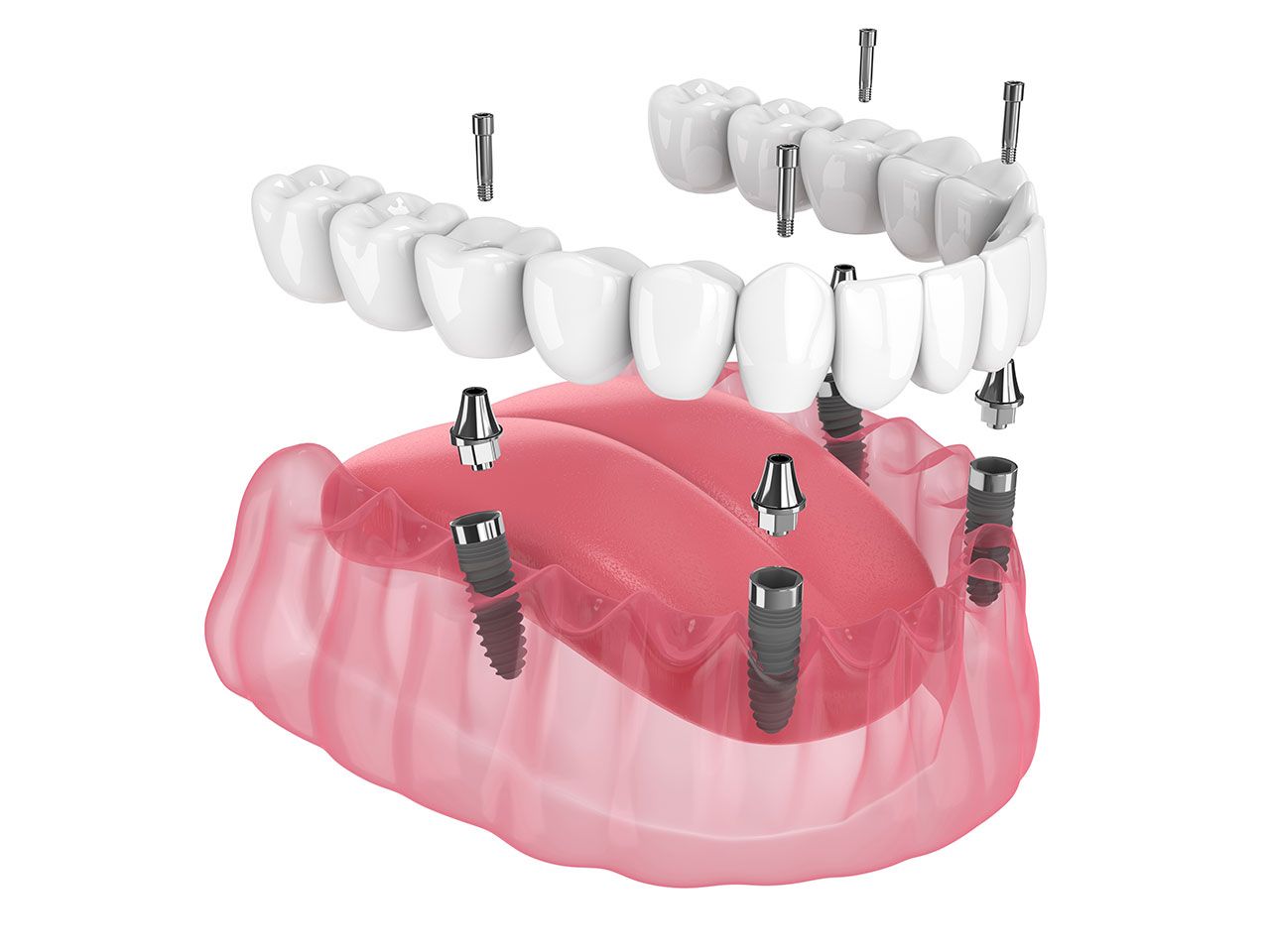Dental Crowns: Strong, Beautiful Protection for Damaged Teeth
Teeth work hard—biting, chewing, and smiling through every season of life. When a tooth cracks, wears down, or needs extra support after a root canal, dental crowns step in like a protective helmet with a natural look. A crown covers the visible part of the tooth, restores shape and strength, and blends with surrounding teeth so you can eat, speak, and smile with confidence. At Aria Dental of Annapolis, dental crowns are planned with both durability and style in mind—because function matters, and so does the look you bring to every conversation.
When Do Dental Crowns Make Sense?
Dental crowns are recommended in several common situations:
- Large cavities or failing fillings. When decay or an old filling leaves a tooth weak, dental crowns protect what’s left.
- Cracked or worn teeth. Heavy bite forces, clenching, or years of use can create fractures or flatten cusps; a crown stabilizes the tooth.
- After root canal therapy. Once infection is cleared, a crown reinforces the tooth so it can handle daily chewing.
- Broken cusps or chips. When a chunk breaks away, dental crowns rebuild the original contour and function.
- Cosmetic concerns. For teeth with deep discoloration or irregular shape, a crown can deliver a complete refresh when veneers or bonding aren’t ideal.
The goal is simple: preserve your natural tooth whenever possible and give it a long, useful life.
What Are Dental Crowns Made Of?
Materials have improved dramatically, and you have choices. Your dentist considers the tooth’s location, your bite, and your goals before recommending an option:
- All-ceramic (zirconia or lithium disilicate). Strong, metal-free, and highly aesthetic. Great for front teeth and many back teeth.
- Porcelain-fused-to-metal (PFM). A long-standing option that balances strength with a natural appearance.
- Full metal (gold). Ultra-durable and gentle on opposing teeth; often chosen for molars where appearance is less critical.
Modern ceramics let many patients enjoy the best of both worlds—strength and beauty—without the gray line that older metal-based crowns sometimes showed near the gumline.
The Dental Crown Process, Step by Step
1) Diagnosis and planning. A careful exam, photos, and sometimes a 3D scan help map what the tooth needs. If decay is present, it’s cleaned out first. The plan always centers on saving as much healthy structure as possible.
2) Shaping and impressions. The tooth is shaped so the crown will seat snugly without adding bulk. Impressions or digital scans capture the exact contours for the lab to build your custom crown.
3) Temporary crown. A temporary crown protects your tooth while the final one is crafted. It’s important to avoid sticky foods and chew gently on that side until the permanent crown is placed.
4) Try-in and cementation. Your new crown is checked for fit, contact, and color. Small adjustments ensure a natural bite and seamless blend. Once everything looks and feels right, the crown is cemented and polished.
Will My Dental Crown Look Natural?
Yes—today’s materials and shade guides make it possible to match surrounding teeth closely. Layered ceramics can mimic enamel’s gentle translucency, and the shape can be sculpted to mirror your smile’s unique rhythm. For front teeth, photos and sometimes a custom shade appointment with the lab help ensure the best result. You shouldn’t notice your crown day to day; it should simply do its job and look like it belongs.
How Long Do Dental Crowns Last?
With good home care and regular cleanings, dental crowns often last 10–15 years, and many last longer. Longevity depends on habits—avoiding ice chewing, wearing a nightguard if you clench, and flossing around the margins. The tooth underneath still needs care; brushing and flossing keep the edges clean and the gums healthy.
Everyday Care Tips That Make a Difference
- Brush twice daily with a soft brush; focus on the gumline around your crown.
- Floss or use interdental cleaners to remove plaque where your brush can’t reach.
- Skip hard objects like ice or popcorn kernels that can crack both natural teeth and crowns.
- Wear a nightguard if you clench or grind; it protects your crown and your jaw joints.
- Keep up with professional cleanings so small issues are caught early.
Dental Crowns vs. Onlays vs. Veneers
If the damage is moderate and limited to the chewing surface, an onlay may be an option. It’s a custom piece that fits like a puzzle over part of the tooth and preserves more natural structure. Veneers change the front surface for cosmetic reasons but don’t cover full chewing forces. Dental crowns offer full-coverage strength when structure is compromised or after root canal therapy. Your dentist will explain which choice guards the tooth best while meeting your goals.
Benefits of Dental Crowns (Based on Professional Sources)
Evidence-based dentistry supports the benefits of well-planned crowns:
- Protection and longevity. Full-coverage restorations help prevent fractures in weakened teeth.
- Improved chewing efficiency. Restoring proper height and shape supports comfortable function.
- Aesthetic restoration. Modern ceramics blend with natural enamel for a confident smile.
- Gum compatibility. Smooth margins and proper contours support healthy, comfortable tissue.
- Versatility. Dental crowns solve both restorative and cosmetic challenges in a single procedure.
These themes consistently appear across clinical literature and professional guidelines: when a tooth is compromised, the right crown can extend its useful life dramatically.
Common Questions—Answered
“Will my tooth be sensitive?” Some patients notice mild, temporary sensitivity after preparation or while wearing the temporary crown. This fades after the final crown is placed and the bite is balanced.
“What if my crown comes off?” Crowns rarely come loose, but if they do, keep it safe and call the office. Often it can be re-cemented the same day after the area is cleaned.
“Can I whiten a crown?” Whitening products affect natural enamel, not ceramic. If you plan to whiten, it’s best to do so before your crown is made so the final shade matches your brighter teeth.
“Is a crown always better than a filling?” Not always. Small to moderate cavities do well with fillings or onlays. Crowns are best when the tooth needs full-coverage protection.
Annapolis Life, Annapolis Bite
Crab feasts, weekend sails, and busy commutes—your teeth do a lot in a week. Dental crowns let you enjoy it all without worrying about a weak tooth giving way. The right restoration balances durability with nuance, so your smile looks like you and works like you need it to.
Bringing Strength and Style Together
Dental crowns offer a dependable way to rebuild teeth that have been through a lot—decay, cracks, or past dental work. With today’s materials, you don’t have to choose between strong and beautiful; you can have both. The process is precise but straightforward, and the payoff is daily comfort plus a natural look in every photo.
A final note: if you’ve been told a tooth “might crack,” don’t wait. Protecting it early with dental crowns often means fewer appointments, less discomfort, and a better long-term outlook.
Ready for a tooth that feels solid again and looks like it belongs? Call Aria Dental of Annapolis at 410-280-5370 or visit us at 1610 West St Ste 202, Annapolis, MD 21401 to book an appointment and find out whether dental crowns are the right fit for your smile.
Share This Post




